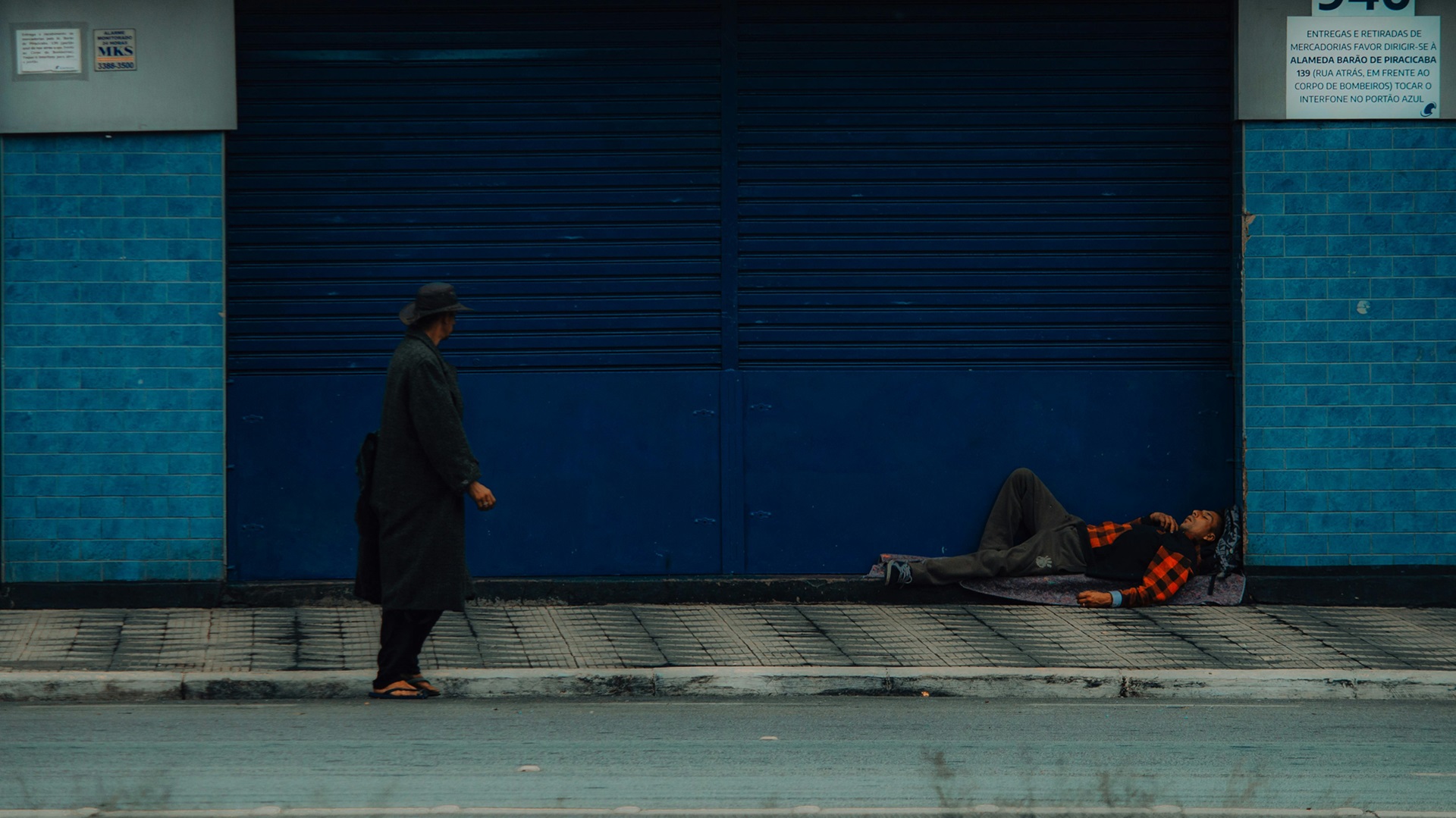They also expect it is unlikely that the bill will pass before the general election or faces being scrapped if a Labour government replaced the Conservatives at 10 Downing Street.
“In my opinion, that would be a good thing. But we can’t bank on that unfortunately,” they said.
“I think where we are in the political cycle more broadly: morale in the services is low and the general mood is low. This is just a last-ditch attempt at trying to be seen to be doing something to appease the shy Tory voter who gets a little bit uppity when somebody comes asking for a few pennies to buy a meal. I think people are really seeing through the cracks at an official level but our code compels us to do the work.
“Firstly, it’s not workable. And secondly, in whose public interest is it to criminalise homeless people or those who are struggling to get by? It might be in the Tories’ interest but certainly not the public’s.
“I think sometimes, as officials, the best thing we can do is kick things into the long grass and just hope that a change in ministerial direction, or a change in government, which is a rarity that we’re afforded, means that we can get rid of these ideas, because I don’t think anyone’s enjoying working on this.”
The government insider also revealed that the Big Issue has come up in discussions around the bill.
Advertising helps fund Big Issue’s mission to end poverty
They feared the current wording in the bill, which speaks of “nuisance rough sleeping” and “nuisance begging” and can punish people who are “likely” to be down, is too broad and could cause problems for Big Issue vendors.
Their concerns centred on clause 57 of the bill, which defines “nuisance begging”. Currently, the clause prevents harassment, alarm or distress to a person or their belongings and cites areas such as ATMs, public transport or vending machines.
“It’s how hard you go in on that because is someone going to say selling the Big Issue is considered harassment?” the government insider said.
“Vendors are providing something in exchange for money, which isn’t begging, but if a member of the public has a warped view of society or a warped view of homelessness, and they think, ‘Oh, this is intimidating’ while in designated place like a train station, can they claim it as an offence? It’s just far too narrow.
“We sadly live in this society where, if you want to claim that you’re being harassed, the police will be compelled to come along. It’s all a waste of everybody’s time.
“Clause 57 is problematic from start to finish. They [Home Office] are trying to push ahead with it, trying to make the shoe fit and that’s not good policymaking.”
Advertising helps fund Big Issue’s mission to end poverty
Ultimately, the government insider said, the bill is an indictment of the Tories’ time in power and he accused ministers of hoping the measures relating to homelessness passed into law without being noticed.
“It’s cherry on the top here. Because you’ve had a decade of austerity and cutting back essential services at the front end and then on your way out you decide to criminalise the very same people who you have effectively put on the streets,” said the government insider.
“The home secretary might not be as controversial as Suella but it’s just the mechanisms and the way in which they are doing things like this, to criminalise vagrancy in this way. Because they know that without movements like the Big Issue, people wouldn’t shout about it because it’s just getting lost among amendments to 50 other bills and acts.”
A Home Office spokesperson said: “Civil servants enter public service understanding they are here to serve the government of the day, enact its policies and act professionally in accordance with the Civil Service code.
“The Criminal Justice Bill will repeal the outdated Vagrancy Act and replace it with new legislation focused on supporting people to get off the streets. No one will be criminalised for simply having nowhere to live and we continue to engage with stakeholders and parliamentary colleagues as the bill passes through parliament.”
Do you have a story to tell or opinions to share about this? We want to hear from you. Get in touch and tell us more.
Advertising helps fund Big Issue’s mission to end poverty









